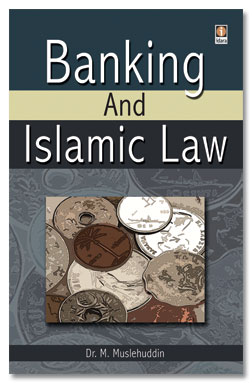English Books
-

-

Al-Sharia – Sunni & Imamiyah Code
₹700.00Pages: 1104, Hard Bound
Deduced from: Fatawa e Alamgiri, Fatawa e Sirajiyyah, Sharifiyyah, Sirajiyyah, Durrul Mukhtar, Hidaya, Sharhul Vikayah, Jami ur Ramuz, Sharayaul Islam, Rouzatul Ahkam, Mufatih, Irshad and Tahrirul Ahkam.
The book starts with a vivid introductory discourse on the origin of Muslim law followed by a historical account of the great prophet of Islam (peace be upon him), and traces the growth and development of the law and creation of the various sects through the ages.
-

-

-

-

-

-

-

-
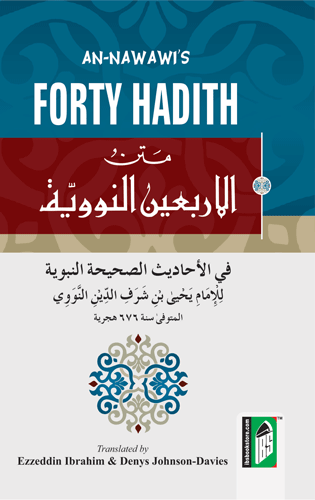
An Nawawi 40 Hadith With Commentary
₹140.00Pages: 112, Paper Back
in Arabic: al-arbaʿīn al-nawawiyyah is a compilation of forty hadith by Imam al-Nawawi most of which are from Sahih Muslim and Sahih Bukhari. This collection of hadith has been particularly valued over the centuries because it is a distillation, by one of the most eminent and revered authorities in Islamic jurisprudence, of the foundations of Islamic sacred law or Sharai. In putting together this collection, it was the author’s explicit aim that “each hadith is a great fundamental (qāʿida ʿaẓīma) of the religion, described by the religious scholars as being ‘the axis of Islam’ or ‘the half of Islam’ or ‘the third of it’ or the like, and to make it a rule that these forty hadith be classified as sound (ṣaḥīḥ).” This work is the most representative of the arba iniyyat genre of hadith.
-

-
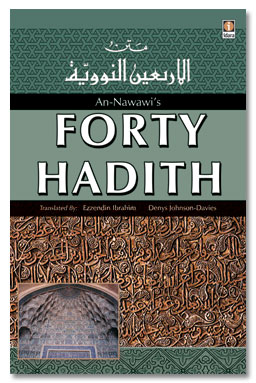
-

-

-

-

-
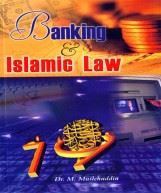
Banking & Islamic Law
₹125.00Pages: 154, Paper Back
Modern economy, with its high technological advancement, growth of industrial and commercial organizations, and mounting expenditure in public sector by almost all Governments, has become so enormous that it requires special financial agencies for its running and interest has become an integral element of banking but it is prohibited in Islam.
-

-
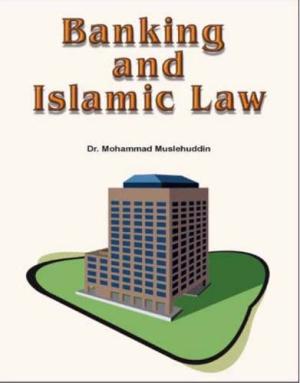
Banking And Islamic Law
₹110.00Pages: 160, Hard Bound
Whether banking is possible under Islamic law is the problem we are confronted with. There are some who hold that no banking is possible without interest, for interest is the purpose of banking, while others maintain that interest is avoidable and banks may be established free of interest.
-
